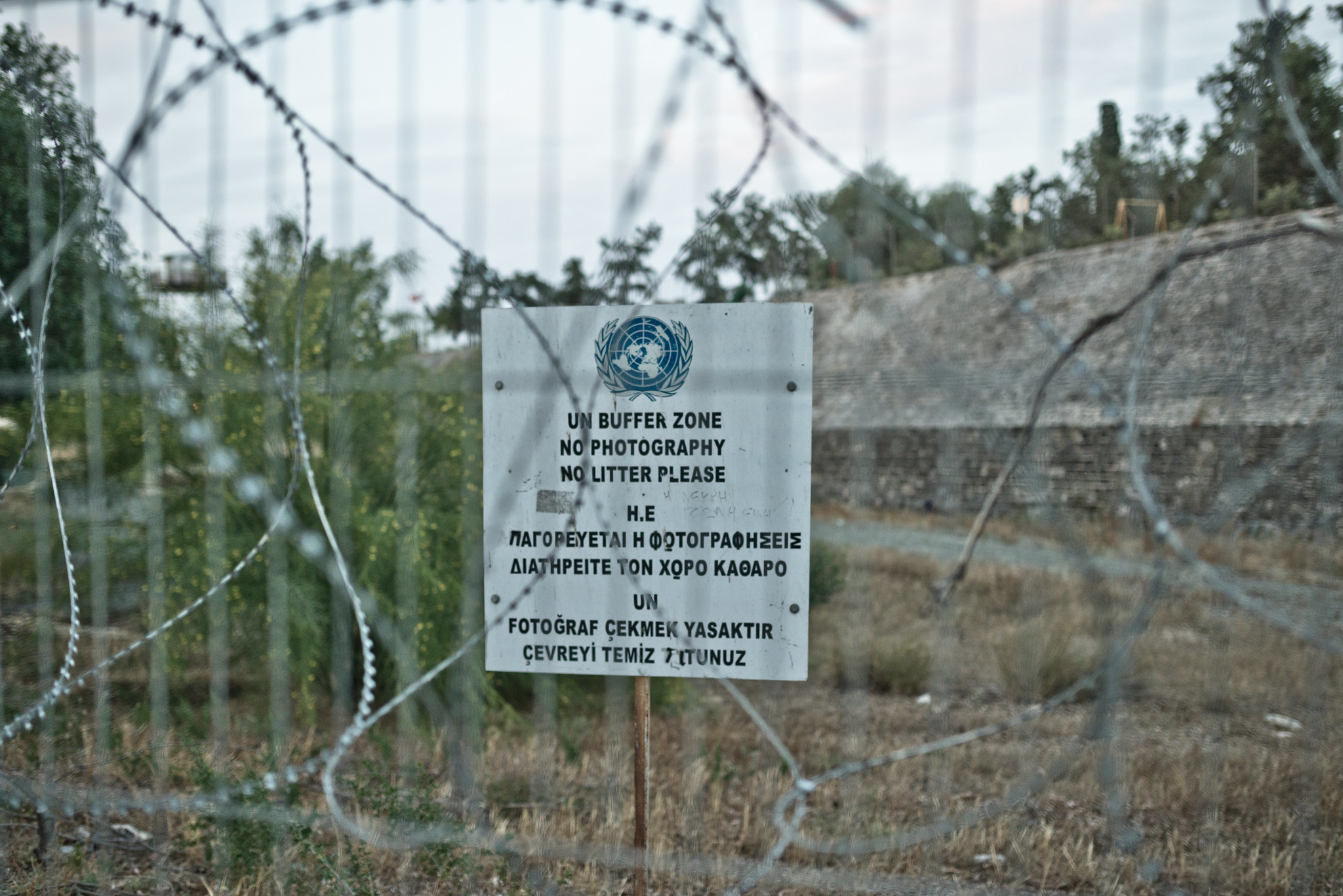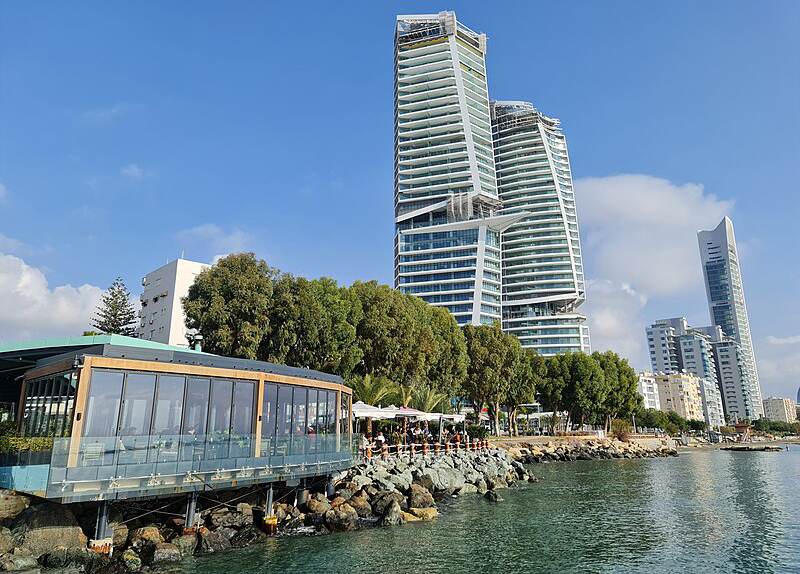With construction costs, rents and loan payments all on the rise, a growing number are finding it difficult to get on the housing ladder
This week saw the verbal jousting between the government and opposition party Akel over the issue of affordable housing return, with each side cherry-picking data from the latest Eurostat survey. The former tried to paint a rosy picture, the latter a situation of utter malaise. It turns out neither narrative is accurate. A problem definitely exists, but the extent of it is debatable.
The Eurostat survey – the spark that lit the controversy – asked people whether they experienced housing difficulties in their lifetime. These difficulties were defined as a “situation when a person had no place of their own and was forced to stay in temporary accommodation”.
Across the EU, 4.9 per cent of respondents reported experiencing such difficulties. In Cyprus it was far higher – 11.2 per cent. The data concerned the year 2023.
Also, 8.5 per cent of people at risk of poverty or social exclusion in the EU reported experiencing housing difficulties in the past. In Cyprus this tallied at 14.7 per cent.
Akel immediately pounced, slamming the government for its dismal performance over the past 19 months. All talk, no action, the party said of the Nikos Christodoulides administration. Meanwhile the “housing crisis” in Cyprus has worsened.
“Interest rates, loans, costs of construction are up, and now higher rents add to the overall cost of living, creating a mix that squeezes vulnerable groups and a large segment of the middle class,” said Akel.
Finance Minister Makis Keravnos gave his own spin on the Eurostat data. He claimed that of the reported 11.2 per cent of people in Cyprus experiencing housing difficulties, 90 per cent are affected by the Turkish invasion of 1974.

He also pointed out that Cyprus fares very well in comparative terms. For instance, only 1.3 per cent of Cypriot respondents reported experiencing housing difficulties due to financial problems, compared to 25.9 across the EU. In addition, the percentage of those in Cyprus reporting such difficulties due to unemployment came close to nil, whereas the EU average stood at 7.3 per cent.
“Based on the above,” Keravnos concluded, “it’s obvious that not only does a housing problem not exist in Cyprus, on the contrary the country compares very favourably to the rest of the EU.”
In short, the minister stopped short of claiming that Cyprus faces no affordable housing issue whatsoever.
The housing issue has two aspects, often interrelated: prices and the available housing stock.
Head of the Housing Policy Directorate at the interior ministry Patrina Taramidou acknowledged that Cyprus is currently “facing challenges regarding access to affordable housing, especially in urban areas.
“This is due to the fact that housing stock is lower than demand, while the latter is growing fast. As a result, prices for purchase and rental, especially during the past three years have risen. Given that, access to housing has become more difficult for lower and moderately paid groups.”
Asked about the government’s plans for new, affordable housing, the interior ministry mentioned revised incentives to the construction industry that would “in the medium term” bring about an increase in the availability of houses and apartments rented or sold at affordable prices.
Among the government’s plans is the ‘Build to Rent’ scheme – supposed to add 800 housing units over the next three years. Under this scheme, developers are given an increased allowable building area in certain residential zones, and in return they must guarantee that these housing units sell for 30 per cent less than the going market rate, for a period of six years.
What has happened since these pledges were made months ago? According to the interior ministry, the scheme is “expected to show tangible results in two to three years.”
It added: “Since the announcement of the schemes, land building companies have shown considerable interest and more that ten applications for utilising this measure have been submitted.”
While waiting on this scheme to deliver results, the government has promoted other plans to help boost the available housing stock.
“We have designed the ‘Renovate and Rent’ scheme. Expected to be implemented in November, the programme provides for a grant to owners of dormant housing properties, at least 15 years old, to renovate their properties, with the obligation to offer them at an affordable rents for four years.
“This aims to increase the supply of the housing stock in the short term, and improve the number and quality of the properties available at affordable rent.”

The Cyprus Mail also asked whether the government’s other policies, such as luring foreign businesses to the island, might have squeezed housing rates up.
The ministry said only that “housing has become a major challenge worldwide” and that “there are various factors adding to this challenge including foreign businesses which comes as a result of wider globalisation.”
So the government says it’s aware of the problem and intends to tackle it – but the results are still not visible.
The aforementioned Eurostat survey is certainly not the last word. A study with hard data released by Eurostat last year – titled Housing in Europe – 2023 edition – actually revealed that on almost every metric, Cyprus scored well compared to the rest of the EU.
For example, whereas house prices had shot up 47 per cent in the EU between 2010 and 2022, in Cyprus they dropped by 5 per cent. As far as rents go, these rose 18 per cent on average across the EU during the same time period, and in Cyprus by just 0.2 per cent.
But on another metric, Cyprus performed badly – the number of dwellings approved for construction between 2010 and 2022 had declined by 31 per cent.
It seems the housing situation on the island is a mixed bag. This was also the verdict of Pavlos Loizou, an expert on real estate.
“There is indeed a problem with housing here, it’s not just rhetoric,” said Loizou, CEO of Ask Wire, a company specialising in real estate data analytics.
Of the recent Eurostat survey, he pointed out that in Cyprus 70 per cent own a home, the rest have to rent. The home ownership rate is above the EU average.
“So what exactly is the housing problem in Cyprus? Let’s nail it down. First, rents are rising and people can’t afford them or struggle to afford them. Secondly, people find it harder and harder to get on the home ownership ladder. Thirdly, we’ve got people at risk of losing their homes due to non-performing loans.”
Loizou next zeroes in on the crux of the matter, as he sees it. “From 2022 to 2024 we had an approximately 10 per cent increase in the working population – a massive increase, corresponding to about 40,000 persons. Many people of working age moved to Cyprus – Israelis, Ukrainians, Russians etc.
“Clearly this was a shock on the demand side. It created an imbalance between supply and demand, driving rents up. Meanwhile construction always lags behind.”
Currently, says the expert, there’s a great of construction going on in Nicosia and Limassol. A lot of buildings are scheduled to be delivered by the end of the year.
Nevertheless, many of these housing units are on the high end, for the wealthy.
“In the interim, home prices/rents have gone up. Also, people are feeling the pressure from NPLs. Plus, interest rates spiked two years ago, although they’ve since dropped somewhat.
“In the case of Cyprus we have a big chunk of non-performing loans (NPLs) associated with housing. A significant portion of NPLs are sitting outside the banking system – held with credit-acquiring companies. So these NPLs don’t show up on the books of the banks. An estimated €20 billion in NPLs are outside the banking system, and they’re related to real estate. This is huge.”
“Meantime the median salary in Cyprus stands at €1,500. But the average salary is between €2,200 and €2,300. This means there are some people who earn far more than €2,200, but when you average it out it comes to €2,200. So you can’t cite the average salary as a reliable indicator of prosperity or wellbeing.”
Loizou therefore calls “embarrassing” the finance minister’s upbeat remarks on the housing situation
He adds: “You only have to go on Facebook to see how many people are complaining that they can’t make ends meet.
“So when the finance minister effectively says there is no problem with housing, it sounds silly. OK the average salary in Cyprus is high. But what about the cleaning lady, what about the employee who works at Zorbas bakeries? If their wages are €1,000 and their rent €600, where does that leave them?”
Moreover, as time passes we see more segregation in society, says Loizou: “Take Nicosia, where poor people and immigrants congregate in the old town, while the wealthy move into Engomi.
“So we do have a problem, but calling it a crisis might be taking it too far. The situation is not tragic, let’s put it that way.”





